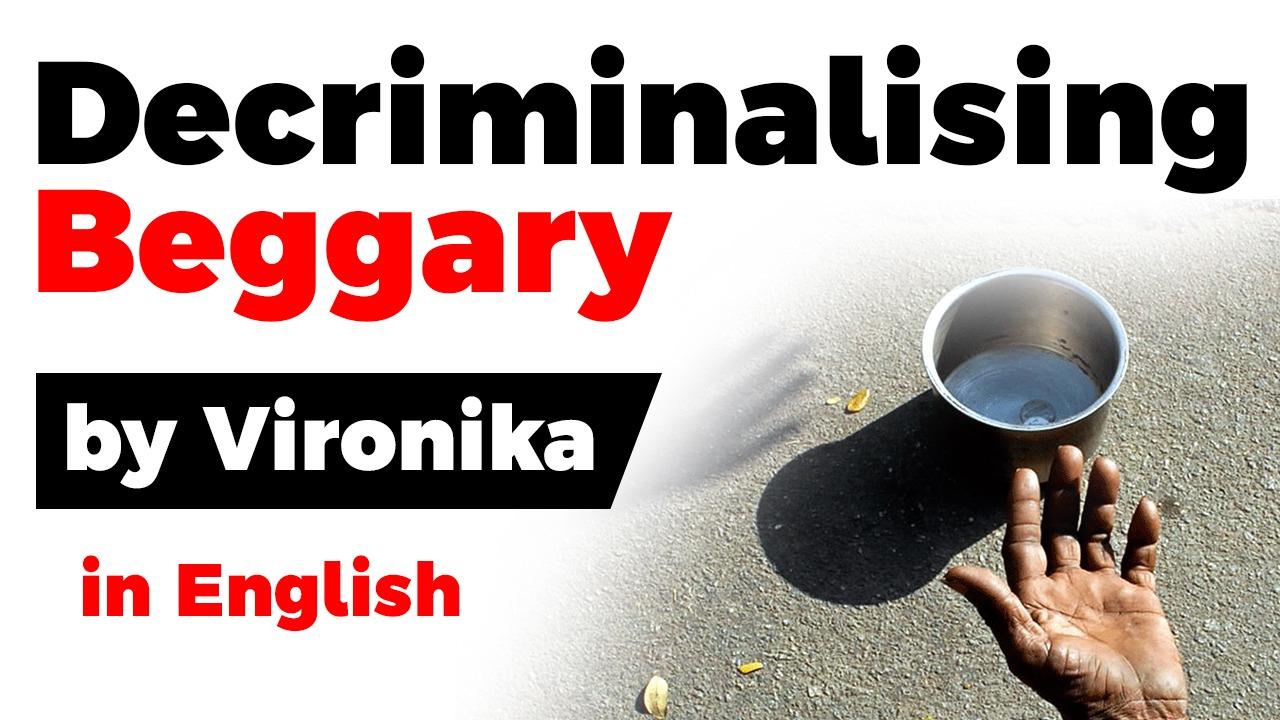Table of Contents
Context
- Recently, in a landmark verdict, the Jammu and Kashmir High Court struck down the J&K law on Beggary.
- Beggary laws in India is a relic of the old colonial legacy.For example, according to the Criminal Tribes Act (1871), indigenous peoples were deemed criminals by birth and herded into concentration camps, where families were separated and forced labour was the norm.
Laws
- Criminal Tribes Act
- “Beggary law”
- Jammu and Kashmir High Court struck down that state’s iteration of the Beggary Act.
- It identified the colonial origins of the law and found it to be a gross violation of human dignity, equality, and freedom.
- Broad definition of “begging”
- Beyond begging
- Purpose
- Process
- Government defense
Analysis
- Origins of such statutes
- In India
- What begging indicates
- Poverty not individual created
- Fundamental rights
- No proof
- Public spaces access
- Nature of existence
- Rights are no longer about being human, but about earning the right to be treated as a human.
- The beggary laws belong within this same family of punitive constitutionalism.
- The Jammu and Kashmir High Court’s judgment is explicitly premised upon the unconstitutionality of “invisiblising” a social problem by criminalising it. Thus, it shows us the exact way in which our Constitution rejects this harsh world view.






















 WhatsApp
WhatsApp